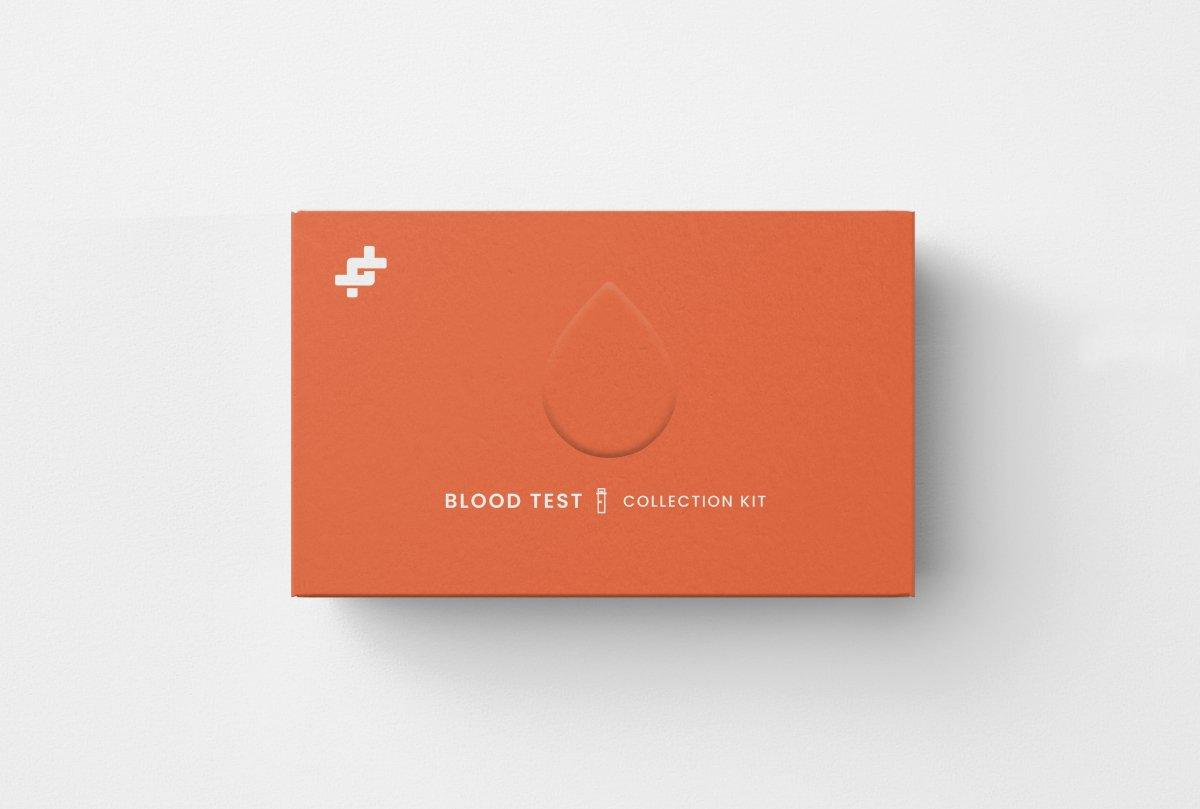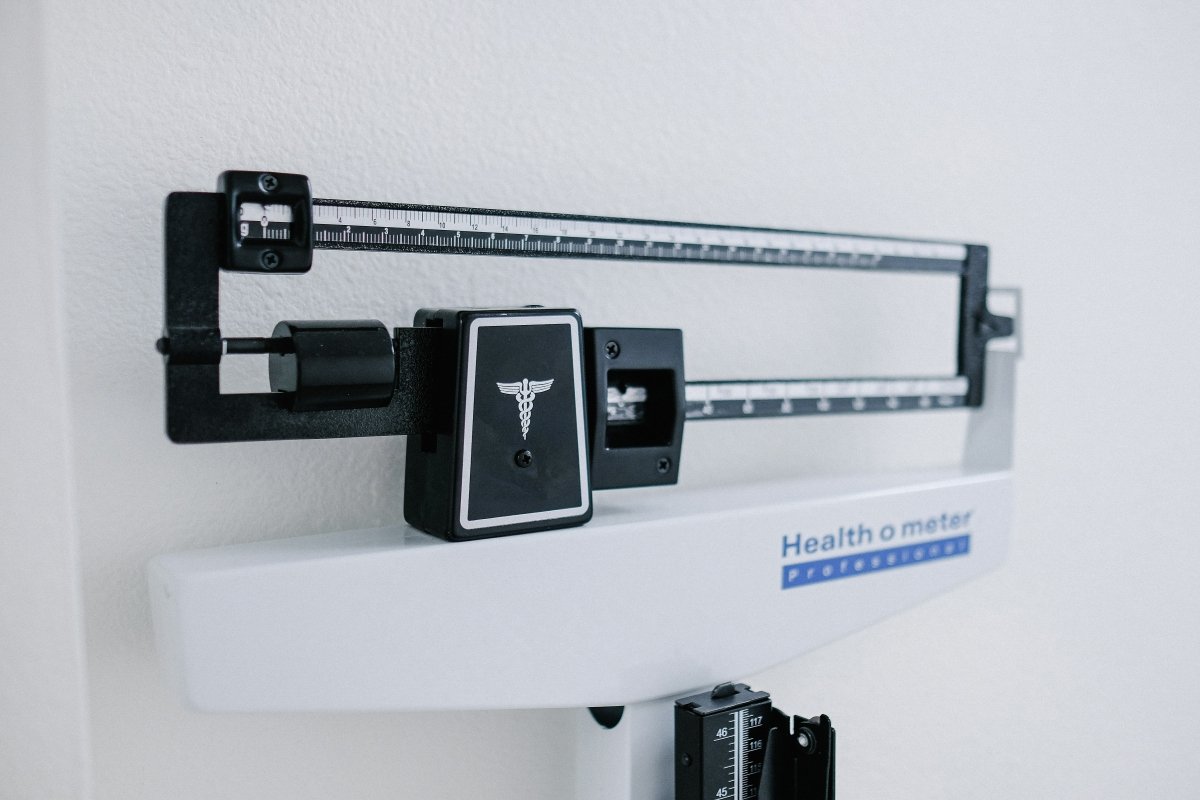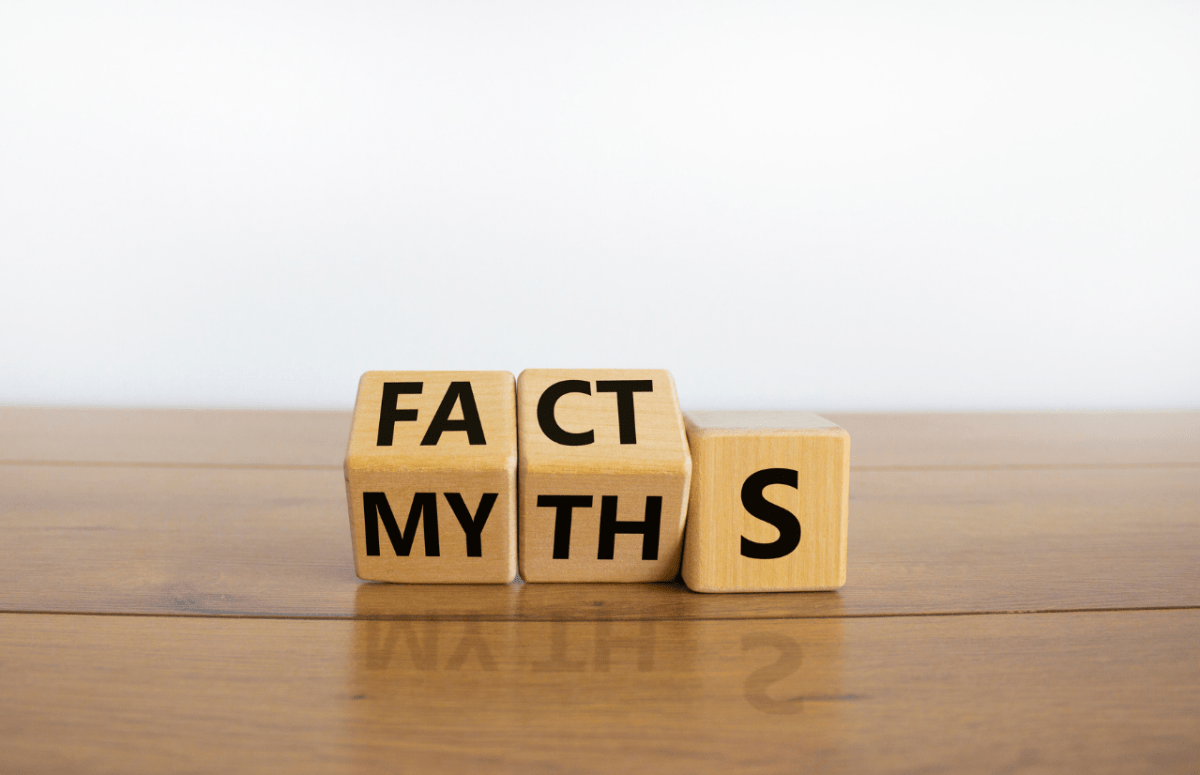If you have type 1 or type 2 diabetes, monitoring blood sugar is always top of mind. During the holiday season, however, when cakes & cookies beckon at every turn, it can be very challenging to keep your blood sugar levels steady.
With our 6 simple tips, you'll be able to enjoy all festivities' desserts and stay on track with your nutrition.
Sudden spikes in blood glucose (sugar) known as ‘glucose excursions’ mainly occur in response to the consumption of high glycaemic index carbohydrates which can lead to two dangerous consequences. Firstly, a sustained elevation in glucose circulating in the blood (hyperglycaemia) and secondly, an extremely low blood glucose level (hypoglycaemia). Both of these conditions are undesirable, and those who have diabetes may find it harder to control blood glucose around mealtime, although controlling glucose levels is something we all should be paying attention to.
In the short term, a sudden blood sugar rise can cause lethargy and hunger. Over time, this may lead to more serious metabolic conditions such as type 2 diabetes. Diabetes is a rising health problem since more people than ever have diabetes. The World Health Organisation has estimated that about 422 million people worldwide have diabetes, and 1.6 million deaths are directly attributed to diabetes each year. In the UK, one in 15 people have diabetes, including one million people who have type 2 diabetes but have not been diagnosed.
These statistics are quite worrying, but the good news is that type 2 diabetes - unlike type 1 diabetes - is a reversible metabolic disease. This means that you can effectively manage type 2 diabetes before it gets too late!
Follow these 6 simple tips to maintain stable blood glucose and avoid excessive blood glucose spikes.
Follow a low carb diet
Although carbohydrates (carbs) are often classified as the main macronutrient for a healthy diet, their frequent consumption causes your blood glucose to rise. When you eat carbs, they are broken down into simple sugars which enter the bloodstream. This will cause your blood glucose to rise and, in turn, your pancreas will release a hormone called insulin. The latter prompts your cells to absorb sugar from the blood leading to a drop in your blood glucose. Consuming a low carb diet has consistently been shown to help by preventing excessive blood glucose spikes and lead to a more favourable stable blood glucose level in response to meals. Interestingly, this can aid weight loss, which can also reduce blood glucose spikes.
Eat less refined carbs and reduce your sugar intake
Refined carbs are also known as processed carbs. Common examples of these are table sugar, white bread, white rice, soda, candies, breakfast cereals, and desserts. These carbs add almost no nutritional value to your diet and can increase the risk of weight gain and type 2 diabetes. Similarly, sugar is effectively empty calories. It causes a sudden blood glucose rise, and a high intake is linked to insulin resistance.
Keep a healthy weight and exercise more
Being overweight or obese can make it difficult for your body to use insulin and effectively control your blood glucose levels. As a result, this can lead to blood sugar spikes and subsequent higher risk of developing type 2 diabetes. Even losing a few pounds will help to improve your blood sugar control. In a similar vein, exercise has been shown to increase insulin sensitivity and stimulates cells to remove blood glucose from the bloodstream. This is because when you exercise, your body pumps more glucose to your muscles. If you are not into exercise, even a 15-minute walk after your meal can be an effective way to bring blood glucose down. Even better? It can help keep it down for up to 3 hours!
Drink more water
This is simple, right? Although it sounds too simple, research has shown that dehydration negatively affects blood glucose levels. This can cause your blood glucose to be higher than it would normally be.
Introduce some apple cider vinegar into your diet
Apple cider vinegar has many health benefits, and it has been shown to increase the insulin response to meals and help control blood sugar when consumed with carbs. Simply dilute apple cider vinegar in water or in your favourite hot drink and enjoy!
Consider lifestyle factors such as stress, sleep, and alcohol consumption
When you feel under pressure, your body releases stress hormones known as cortisol and adrenaline. These hormones can make your body less sensitive to insulin and cause other physiological changes that make your blood glucose higher than normal. Whilst you cannot always control stress, finding ways to relax will help your blood glucose levels and your general health. Make sure you get plenty of sleep at night and focus on both sleep quality and quantity. Even having one or two bad nights can negatively affect your blood glucose levels. Alcoholic drinks contain lots of added sugars which can cause blood glucose spikes in the same way as added sugar in food. Keep an eye on your alcohol intake and avoid drinking alcohol too close to bedtime.

Take-home message
Whilst it is important to enjoy your Christmas holidays with friends and family, making these simple diet and lifestyle changes is a great way to control your blood glucose level and lower your risk of developing type 2 diabetes. But do not worry, it is possible to eat, drink, and be merry without overdoing it!





Share:
Patient services - The new wave in health tech
Can alcohol consumption negatively impact thyroid function?